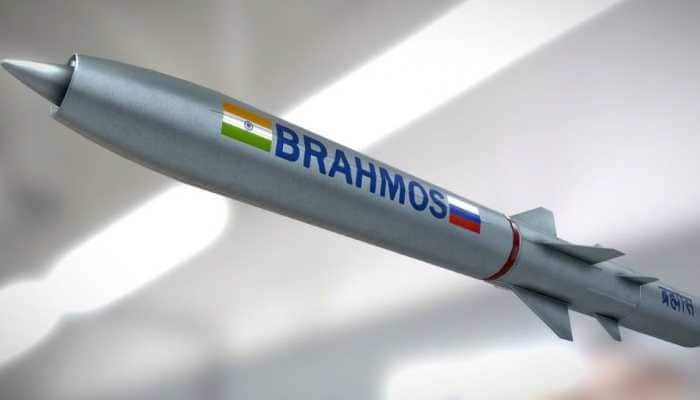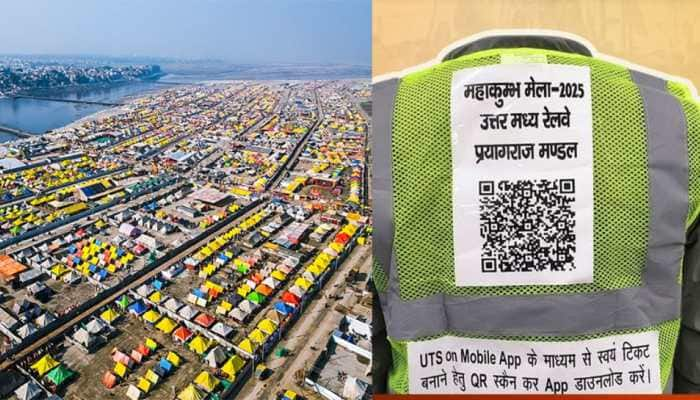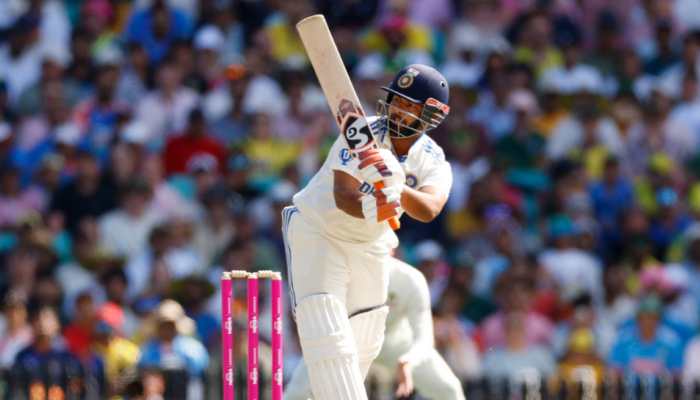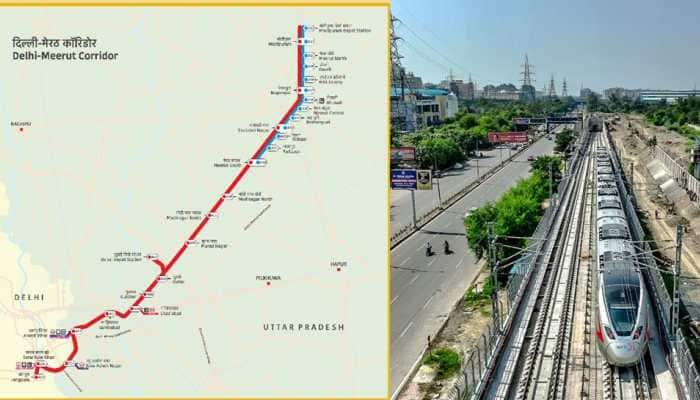PM Modi raises Scorpene data leak with Hollande; tells May 'UK visa policy could have negative impact on Indians'
Prime Minister Narendra Modi on Monday raised with French President Francois Hollande the leak of confidential data on the Indian Scorpene Class submarines being built in Mumbai in collaboration with French defence company DCNS on the sidelines of the G20 Summit here.
Trending Photos
) Pic courtsey: @MEAIndia
Pic courtsey: @MEAIndia Hangzhou: Prime Minister Narendra Modi on Monday raised with French President Francois Hollande the leak of confidential data on the Indian Scorpene Class submarines being built in Mumbai in collaboration with French defence company DCNS on the sidelines of the G20 Summit here.
On the second and final day of the summit in this east Chinese city, Modi held separate "pull-aside" meetings with Hollande and Turkish President Recep Tayyip Erdogan with whom he discussed India's NSG membership.
Prior to those meetings, Modi met Britain's new Prime Minister Theresa May and held discussions on "building opportunities" in the aftermath of UK's decision to exit the European Union.
In his meeting with Hollande, Modi raised the leak of sensitive data related to Scorpene Class submarines. "This issue has also figured (in the talks)," External Affairs Ministry Spokesperson Vikas Swarup told reporters.
Over 22,000 pages of secret data on the capabilities of six highly-advanced submarines being built for the Indian Navy in Mumbai in collaboration with French defence company DCNS were leaked. The data leak reportedly happened overseas.
In his meeting with Erdogan, the Prime Minister discussed the issue of India's membership of the 48-member Nuclear Suppliers Group (NSG), Swarup said.
The discussion with Erdogan on NSG was significant as Turkey was among the few countries -- along with China -- which had stalled India's bid to join the elite grouping at its plenary meeting in June in Seoul.
China had then raised objection saying India was not a signatory to the Nuclear Non-Proliferation Treaty (NPT).
Turkey too raised its concern over the presence of supporters of dissident Muslim cleric Fethullah Gulen in India. Turkey accuses Gulen of masterminding the failed July coup attempt.
Swarup said enhancing civil aviation cooperation with Turkey also figured during the discussions.
With May, the Prime Minister underlined that even after UK's exit from the EU, "Britain remains an important partner" for India.
"May also referred to the recent passage of GST (bill) which would further boost trade and investment ties with the UK. She supported PM's reform agenda and the UK is keen to participate in Make in India, Smartcity and Skill India initiatives," he said.
The two leaders discussed further enhancing of the defence partnership and Modi invited UK firms to India.
They also talked about the challenges of terrorism, calling it "the biggest threat and danger to the world with no boundaries," Swarup said.
Modi also invited May to visit India in her new capacity. May accepted the invitation and said would like to make as early a visit to India as possible, sources said.
"Modi also touched upon UK's visa policy. In particular he said that the new UK regulations could have negative impact on Indian working professionals wishing to visit UK for short term business visits," the sources said.
Modi told May that the recent meeting of India-UK joint group on counter-terrorism was very useful and called for greater collaboration in cyber-security, intelligence sharing and information gathering.
Modi sought May's suggestions on further strengthening the partnership particularly trade and investment ties.
In this context, he referred to the recent launch of the HSBC Corporate Rupee bond on the London Stock Exchange which has been very successful, Swarup said.
Both leaders also looked forward to an early visit by Defence Minister Manohar Parrikar to UK, Swarup said.
May said she was very keen to support Modi's vision for India including the broader strategic partnership, the spokesperson said.
She underlined the importance Britain attaches to India and Indian diaspora and refereed to the recent visits paid by three UK ministers Preeti Patel, Alok Sharma and Greig Clark to India.
In his last bilateral meeting of the day, Modi met Argentine President Mauricio Macri and invited him to India.
Modi said he would like to personally take him to the birth place of Mahatma Gandhi, for whom President Macri has always had a special place in his heart, Swarup said.
Thanking Modi for the invitation, Macri recalled his two previous visits to India, as a tourist and as a Mayor.
Modi thanked Macri for Argentina's strong support for India's NSG membership and said it was important in the context of India's clean energy needs, Swarup said.
Macri said Argentina was keen to support India's nuclear energy needs and stressed on the need to diversify Argentina's exports to India while inviting Indian companies to participate in the exploration of shale gas reserves in Argentina.
They also discussed India's draft for a Bilateral Investment Treaty and agreed to expand cooperation in areas such as agriculture, solar energy, mining and hydro carbons.
Modi also congratulated Argentina on being the next host of G20 summit.
Stay informed on all the latest news, real-time breaking news updates, and follow all the important headlines in india news and world News on Zee News.
Live Tv







)
)
)
)
)
)
)
)
)
)
